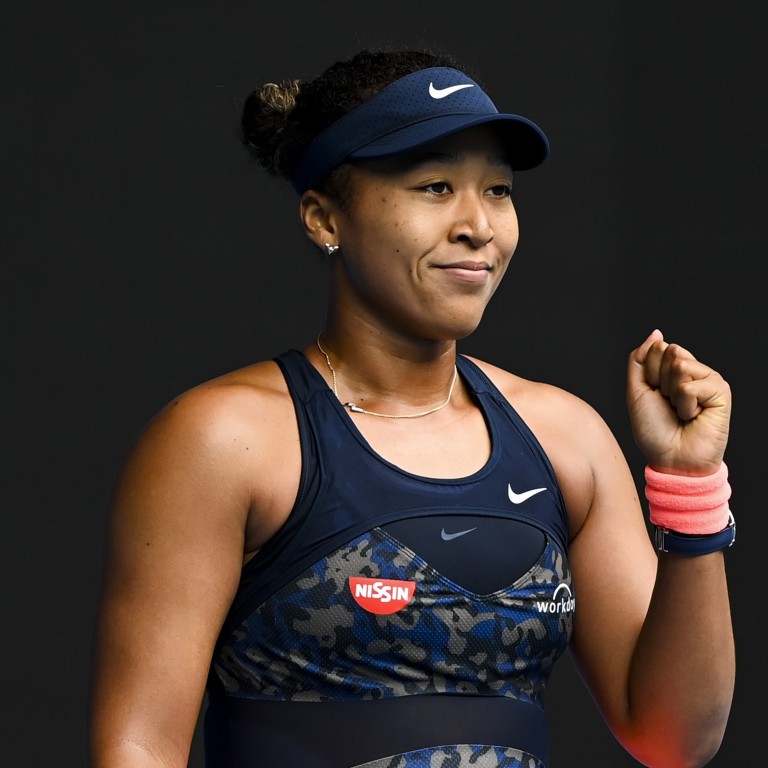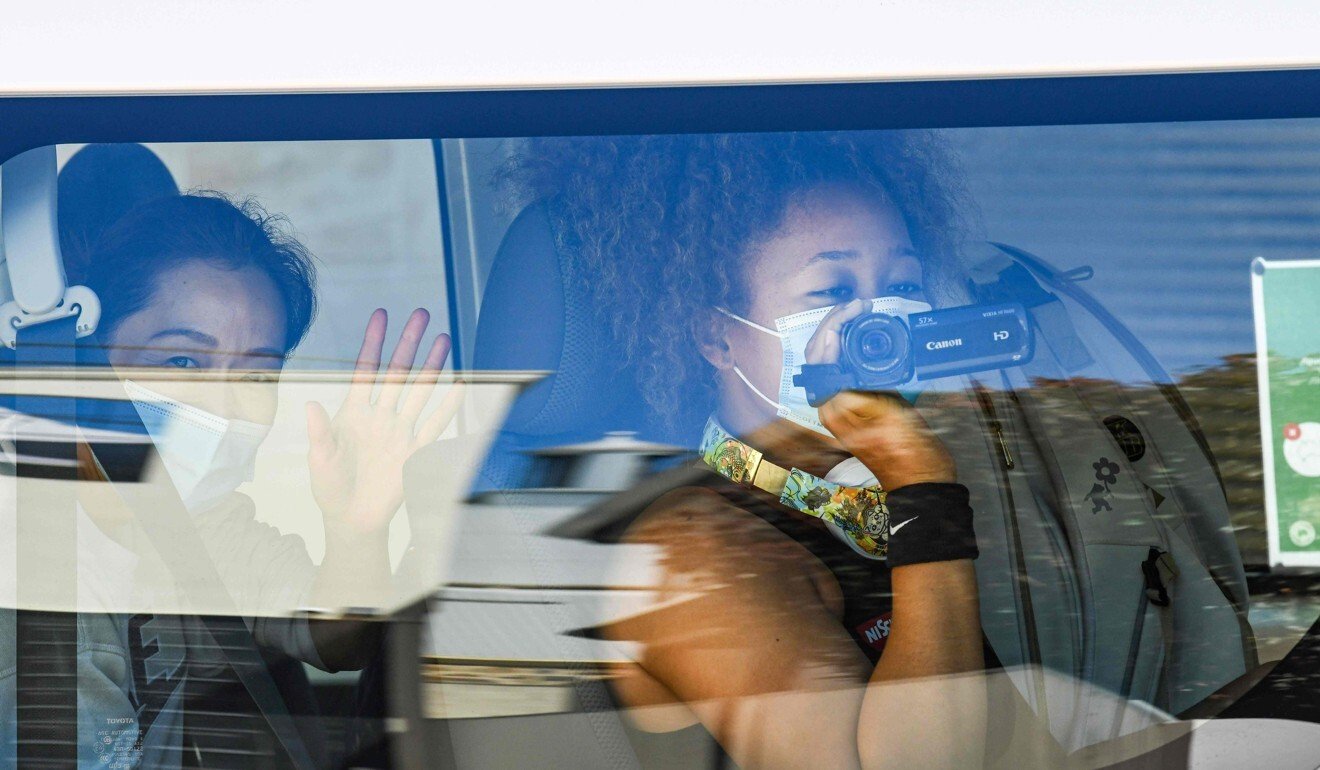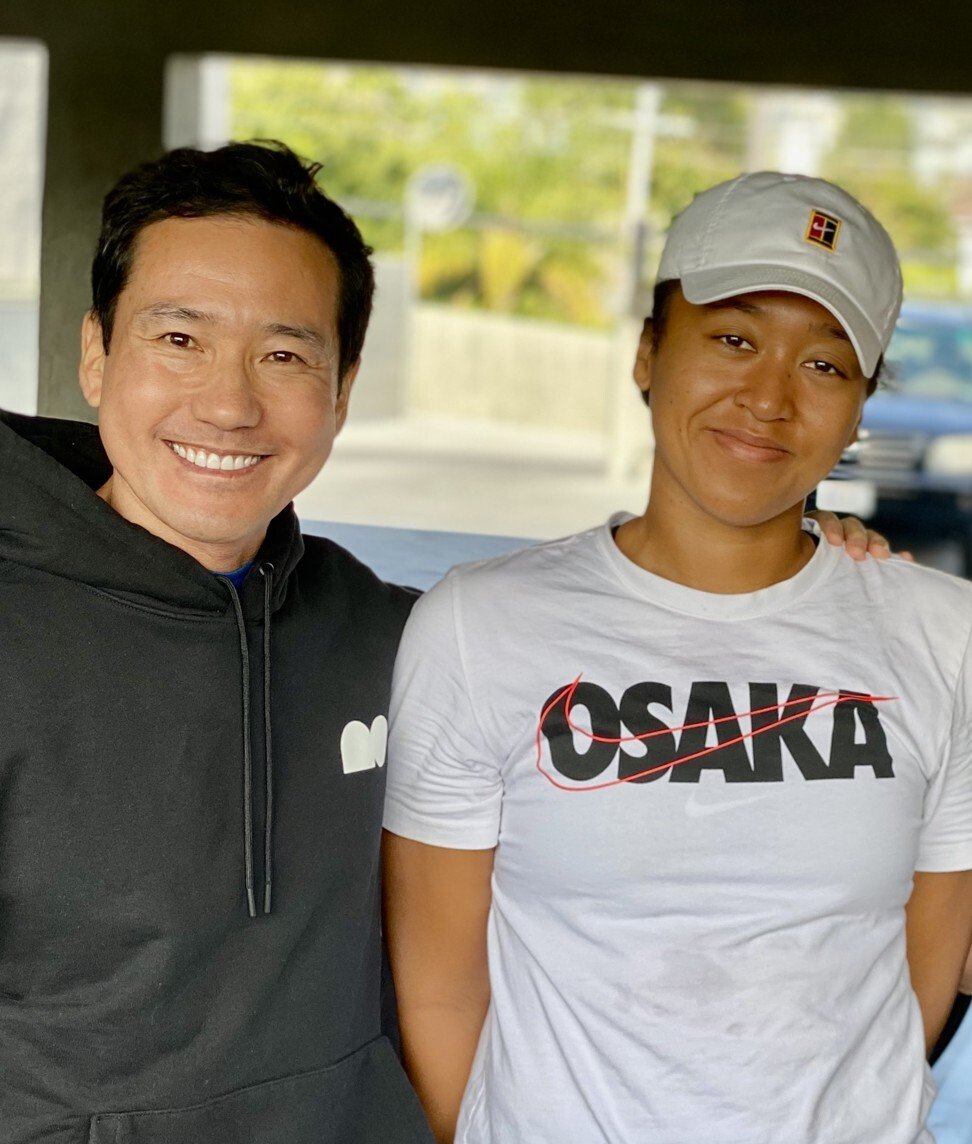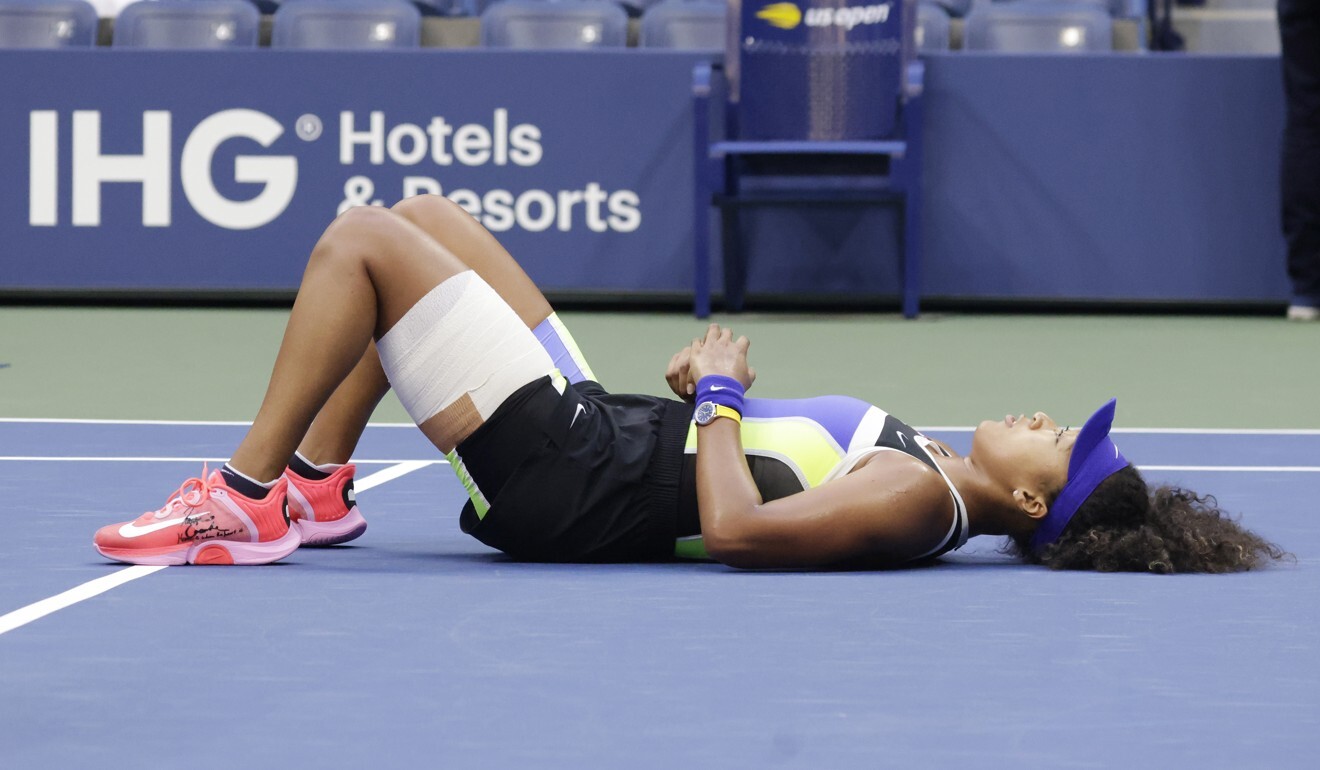
Japan star Naomi Osaka ‘understanding her mission’ to dominate tennis world, says coach Yutaka Nakamura
- ‘She was a bit confused and a little unsure how she was going to manage her career,’ says strength and conditioning coach Nakamura
- The 23-year-old ‘looking forward to opening a new chapter’ at Australian Open having turned a physical and mental corner
Japanese tennis star Naomi Osaka is gunning for nothing but a second title at the Covid-19 pandemic-impacted Australian Open, her coach said.
“It’s been challenging. There’s a lot going on with the pandemic but at the end of the day Naomi played and got through,” said strength and conditioning guru Yutaka Nakamura, appointed by Team Osaka last July. Tokyo-born Nakamura spoke to the Post via video call from his tournament-arranged quarantine hotel in Melbourne.
“The tournament is going ahead and we’re very pleased and thankful for that. We have the opportunity to be part of the first grand slam of the year – and part of the Aussie Open.

“[Naomi] is feeling good and obviously she’s targeting the slam. Those warm-up events she puts in 100 per cent effort, but she gives 120 per cent in the slams. She’s ready for the rest of the tournament.”

“Naomi has started to understand her mission. She’s 23 but she has gone through a lot, meaning she beat Williams to get her first title and since then there’s been a lot going on in her mind,” said Nakamura, who alongside Belgian coach Wim Fissette lived with Osaka in the US at the end of last year.
“She was a bit confused and a little unsure how she was going to manage her career further down. Obviously she looked up to Serena, Venus [Williams] and Sharapova – you see how many slams they have – and looked at herself and asked if she was going to get that far.
“I think a lot of athletes have that, wondering if they’re going to be the number one in the world. Then all of a sudden you’re top of the world – how are you going to handle that? Now she understands how to manage those difficulties and she’s looking forward to opening another chapter.”

“For me, it was an opportunity to get to know the player deeper. Tennis is such a long season – Naomi and tennis players are normally travelling around 10 months of the year, so they have six to eight weeks ‘off-season’ or preseason to prepare. But because of this pandemic, to prepare for the US and Aussie Opens, we started training in November so we had almost three months to prepare for this event. Initially we thought we’d come to Australia mid-December so we had to readjust the plan.” Nakamura said.
“So physically and psychologically, I had time. I could build her athleticism happily but also get to know her as a person. That was a huge plus.”
Nakamura, who also coached Japanese men’s star Kei Nishikori as a junior, is a big believer in “stepping out of the comfort zone” as a means to thrive in any cutthroat sport. Though the pandemic is likely to go down as a freak one-off in history, he said it put a lot of things into perspective.
“Even the US Open last [August] we were with the quarantine, masks and sanitising. We’re getting to used to it but imagine that – four months ago nobody would have [predicted] what would happen. For professional athletes, we’re always looking for optimal preparation. Certain things we’ve had to manage and adjust, but it’s always in the back of our minds to be thankful that the tournament is happening,” he said.
“Not just saying it to be politically correct, but the tournament is happening thanks to Tennis Australia and the [Australian] government. Without this platform we would not be here. Without the tournament organisers, these athletes and trainers would have no existence.
“As long as we have thanks for what people are trying to accomplish, we can deal with all the obstacles and uncomfortable things. We’re here to win but also express our gratitude,” Nakamura said.

